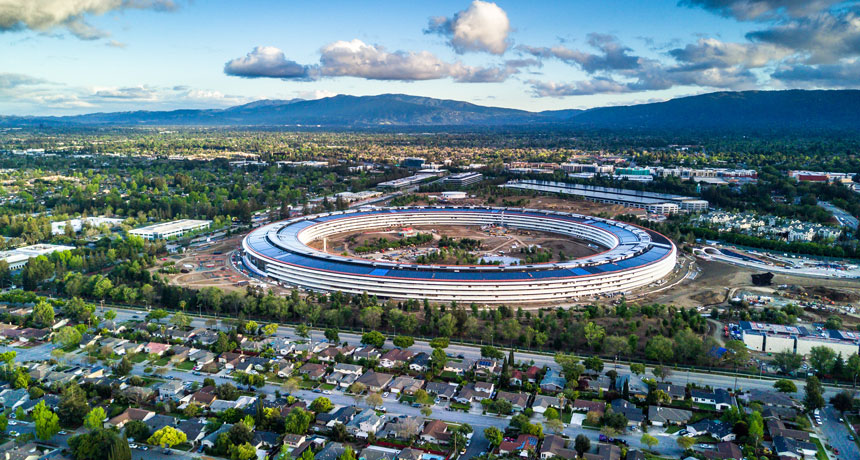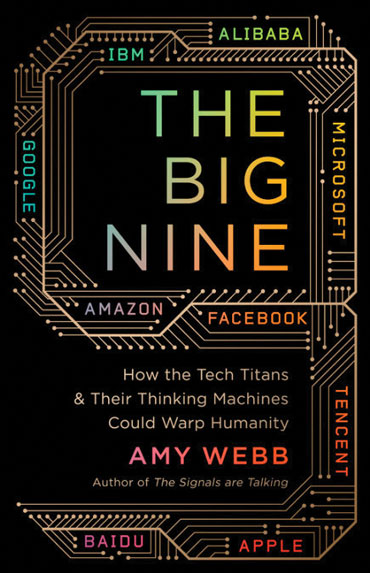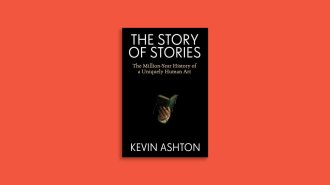Nine companies are steering the future of artificial intelligence
The Big Nine explores the political and economic factors that are shaping the tech world

UNDUE INFLUENCE The Big Nine explores how a handful of tech corporations involved in developing artificial intelligence, including Apple, whose headquarters is shown above, play an outsized role in determining the future of society.
Uladzik Kryhin/Shutterstock








